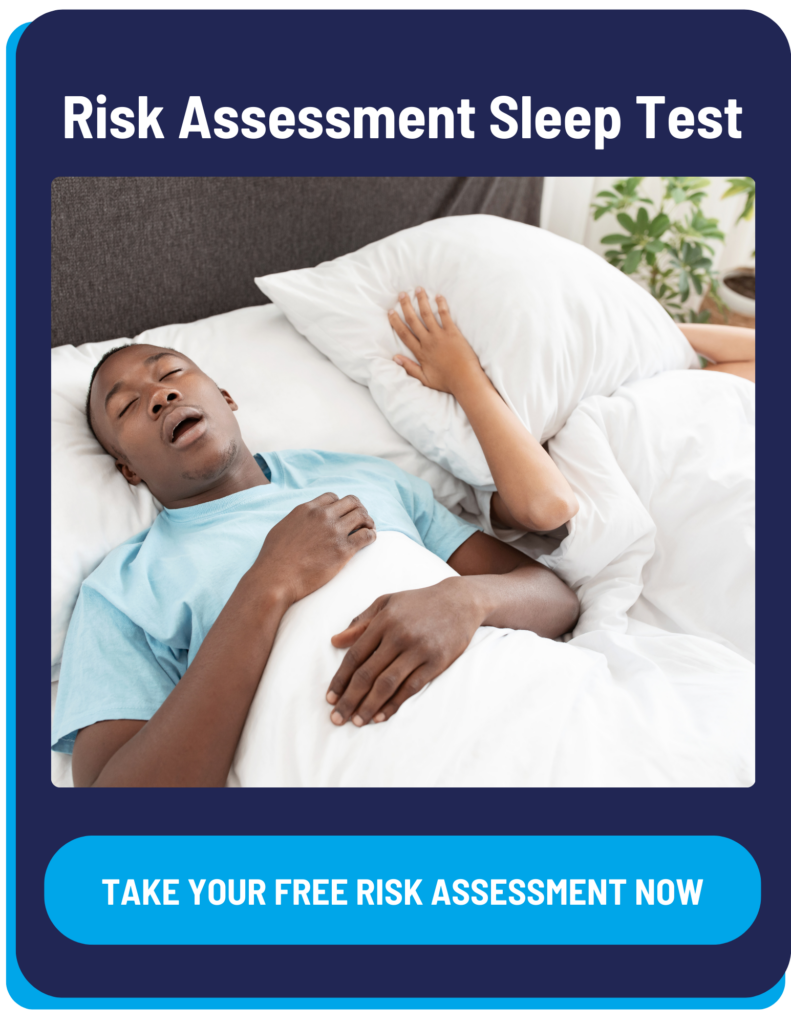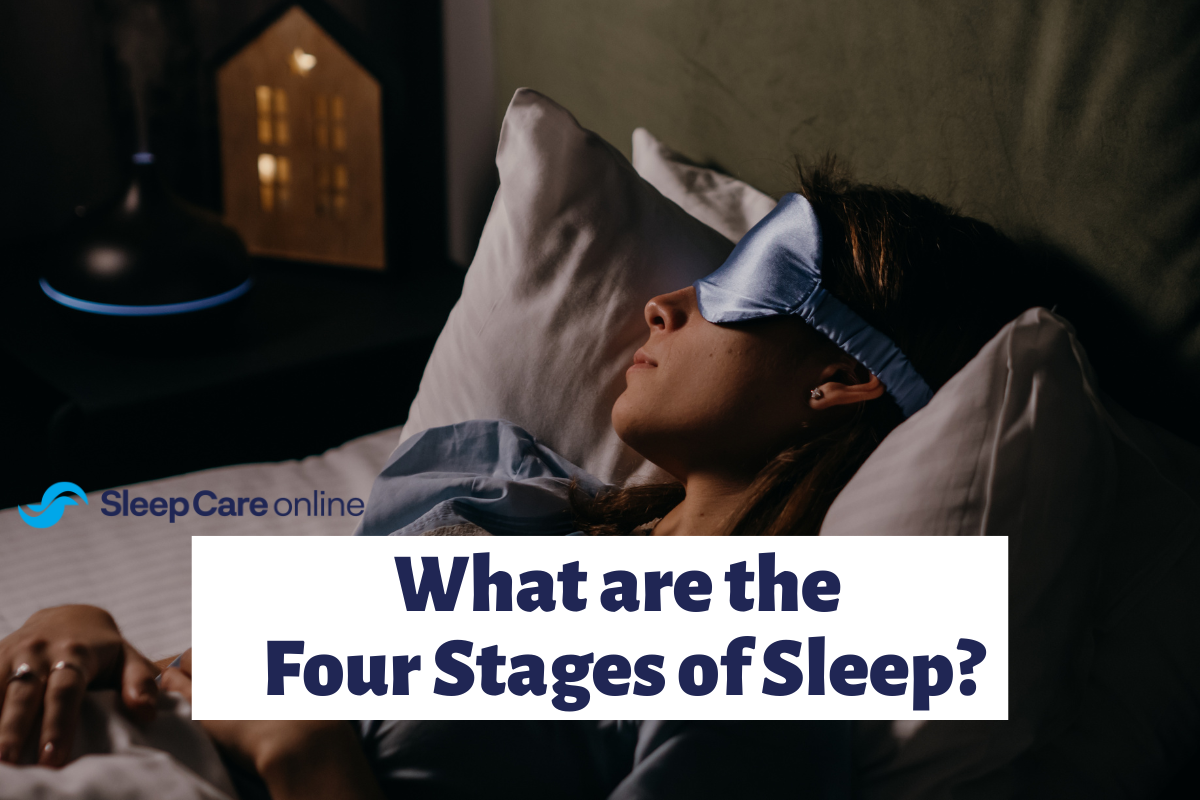
With 50-70 million US adults diagnosed with a sleep disorder,1 many people are on the lookout for better sleep solutions. Fortunately, some remedies come naturally. Magnesium, a natural mineral offered in a variety of supplements, may help improve sleep quality.
What is Magnesium?
Magnesium is an essential mineral found in several food sources that provides our bodies with several benefits. Our brain, heart, and muscles all require adequate magnesium to function properly. 
While diets rich in nuts and green, leafy vegetables, yogurt, milk, brown rice, legumes, etc., provide more magnesium than most foods, it still may not be enough. The National Institutes of Health recommends 310-320 mg a day for women ages 19 and older. Men in the same age bracket should take 400-420 mg a day.2
Some groups should be monitored for insufficient magnesium:
- Elderly people
- Teenagers
- Type 2 Diabetes patients
- People who drink too much alcohol
- Gastrointestinal disorder patients
Adding magnesium supplements may help you meet your nutritional requirements.
There are magnesium supplements for sleeping. The names of the supplements are Magnesium glycinate (200 milligrams) and Magnesium citrate (200 milligrams).
Relationship Between Magnesium and Sleep Apnea
While deficiencies in GABA are associated with insomnia, they may not help obstructive sleep apnea patients. OSA is caused by a collapsing airway, which prevents oxygen from traveling to the brain, disrupting normal sleep and causing serious health risks. A patient with OSA will still need to use their CPAP machine to help keep their airway open at night.
How Does Magnesium Help You Sleep?
Poor sleep from insomnia is often linked to anxious or stressful thoughts during bedtime. While life events may be a contributing factor to disrupted sleep, there is evidence that deficiencies in a neurotransmitter called GABA (gamma-aminobutyric acid) may be affecting healthy sleep.
GABA helps your brain power down for the night. Imbalances in the amino acid can prevent a restful sleep by allowing your brain to continue the active thought cycles that normally occur during the day.
Magnesium may help maintain healthy levels of GABA to ensure a good night’s sleep.3
Magnesium also helps to keep the brain and the body calm. It regulates neurotransmitters that send signals through the nervous system to the brain and make the body and brain calm.
Link Between Low Magnesium Levels and Low-Quality Sleep
According to some studies, magnesium can potentially assist in improving insomnia symptoms. Research on elderly people with insomnia showed that those who took 500mg of magnesium a day for eight weeks saw an improvement in their insomnia symptoms, including a shorter amount of time falling asleep and a longer time staying asleep.
Chronic Sleep Deprivation Depletes Magnesium Levels and Affects the Heart
Studies show a depletion of magnesium from sleep deprivation begins to affect the function of the heart. Magnesium deficiency can cause or worsen arrhythmia, or irregular heartbeat, which may increase the risk of more serious complications, such as a stroke or heart failure.
How To Test If Your Body Has a Magnesium Deficiency?
To test for magnesium deficiency, a person will have to take either a blood test or sometimes a urine test, depending on their doctor’s recommendation. A doctor will order a blood test to test for magnesium deficiency when a person has symptoms like nausea, irritability, weakness, and more.
Often symptoms of magnesium deficiency are telltale including:
- Muscle twitches and muscle cramps
- Mental health issues
- Loss of appetite
- Nausea and vomiting
- Fatigue and weakness
- Shaking
- Pins and needles
- Hyperexcitability
- Sleepiness
- Abnormal heart rhythms
While these symptoms may be common to other ailments, the common presence of these reoccurring issues may indicate a magnesium deficiency. The importance of getting tested by a doctor helps determine the root cause of any condition, including deficiencies of essential minerals.
Health Risks of Too Much Magnesium
Magnesium can become unsafe if you are intaking too much of it. Too much magnesium is considered more than 350 mg daily, and the side effects include:
- Irregular heartbeat
- Low blood pressure
- Confusion
- Diarrhea
- Slowed breathing
Which Type of Magnesium is Best for Sleep?
Since magnesium supplements come in many forms, it’s important to know which are best for sleep aid. Magnesium glycinate is considered to be the most effective type of magnesium to get the best sleep. That’s because it may help relax both the nervous system and your muscles.
Does Magnesium Help with Sleep Apnea?
Although magnesium is not a direct cure or treatment for obstructive sleep apnea, it is still a very essential mineral to include in a healthy lifestyle that offers many benefits. Magnesium can assist in relaxation before going to sleep, which could in result help users sleep better at night and see better results from their CPAP therapy.
Some long-term health benefits of magnesium include improved heart health, immune system health, osteoporosis, type 2 diabetes, and nerve and muscle function.
Proper Diagnosis and Treatment for Obstructive Sleep Apnea
If you have difficulty sleeping, it’s best to get a proper sleep disorder diagnosis. If you are experiencing any of the following symptoms you may have obstructive sleep apnea.
- Loud snoring
- Gasping for breath in the middle of the night
- Fatigue and drowsiness during the day
- Morning headaches
Receive a diagnosis and treatment options with Sleep Care Online. Here’s how it works.
- Purchase a Complete Care package.
- After completing a brief sleep and health survey, we will mail you a disposable HSAT.
- Follow the instructions to take your home sleep apnea test, in the comfort of your bed. Data will be ready to analyze the next morning.
- Schedule a virtual appointment with a sleep practitioner to review your test results, discuss therapy options, and receive a prescription.
- Our sleep experts will then reach out to provide customized recommendations, facilitate equipment purchase and setup, and offer help and support to initiate sleep therapy.
To learn more about Sleep Care Online and the Complete Care Package, contact our customer care team at 866-465-4478 or email us at contact@sleepcareonline.com.
References
- American Sleep Association. Accessed July 2020
- National Institutes of Health. Magnesium. Accessed July 2020.
- Healthline. Kerri-Ann Jennings. How Magnesium Can Help You Sleep. April 2017.




